The Food Machinery Company Ltd. (United Kingdom) - Consumer safety is paramount in commercial food production. Ensuring that procedures are in place to minimise any risk to the health of customers not only protects consumers but also maintains consumer trust and preserves the integrity and reputation of the organisation too.
Businesses hold the primary responsibility for ensuring that food is produced in a safe and hazard-free environment, and can be held accountable for this. The ultimate aim is for food products to be completely safe and to reach the consumer in the best quality condition.
How can the aim of safety in commercial food production be achieved?
It is essential that the production line and machinery are designed in a way that allows for easy maintenance and thorough cleaning of all equipment. Designing the machinery specifically to ensure that the risk of cross-contamination is minimised and the efficiency of servicing is maximised is the most effective way to preserve the safety of machinery and equipment.
All parts of the production line should undergo regular deep cleans with food-safe antimicrobial disinfectants. In addition, the safety of the equipment itself should be regularly checked to ensure there are no loose parts that could contaminate the food with foreign objects. Metal, rubber and plastic parts all have the potential of loosening and these should be scrutinised carefully.
Using the right washing and hygiene equipment for food production ensures that equipment is cleaned to the highest standards and can significantly reduce the risk of contamination within a facility. The use of specialised washing machinery ensures that your equipment is cleaned in the right way, preventing damage, and can also offer considerable time savings over manual washing processes.
Personal Hygiene:
The personal hygiene of production line workers and other staff involved in commercial food production is directly correlated with the safety of the organisation. Workers are on the front line of food production and so this is perhaps one of the most important points to note.
According to the UK Food Standards Agency, there are several steps that a commercial food production plant should take in relation to employee hygiene in order to preserve the food's integrity.Regular hand washing and sanitising is imperative. Employees should ensure that their hands are thoroughly cleaned but also use gloves when possible to minimise skin contact with the raw foods. When necessary, PPE should be used. Hair should be covered by a net and any wounds or sores should be fully covered. Staff should make sure they do not sneeze or cough around the food at any stage of production and they should not wear jewellery when working as this could fall into the food. Foreign objects present a choking hazard for consumers.
Following these guidelines can attain a good hygiene rating if the commercial production line supplies the products directly to consumers, such as in a small bakery or butcher's shop.
Waste Management And Contamination:
Waste must be safely disposed of away from the food production area and should never be allowed to accumulate. Accumulation of waste not only breeds bacteria but attracts rodents and other pests which are hazardous to the safety of the food. Following strict waste management procedures can stop the ingredients and production equipment from being contaminated. Specific areas should be designated for waste storage and disposal.
Environmental Hazards:
Perishable raw ingredients should be clearly labelled and regularly checked. Furthermore, any hazardous cleaning or pest control chemicals should be stored away from the food to prevent dangerous chemicals from posing a contamination risk. Freezers and refrigeration units should be kept in good working order so food is satisfactorily preserved. It is also good manufacturing practice for employers to follow standard operating procedures to check for the presence of foreign bodies in foods, both at the raw ingredients stage and post-production.
In commercial food production settings it is absolutely vital that products leave the processing or production facility free from contaminants or foreign objects that may cause harm to consumers. The use of food metal detectors ensures that food is not contaminated with metal and is an essential step during the food production process.
Due to the significant potential harm that food containing metal parts could cause consumers, ensuring that products are free from metals during the production stage is a required step for most types of food production. This not only safeguards consumers, but can also minimise the risk of damage to brand reputation and trust that may be caused in the event of a product recall necessitated by food products contaminated with metal being available to purchase by consumers.
Pest Control:
According to BRCGS guidelines, a food production facility should be located, cleaned, maintained and managed in such a way that the risk of contamination by pests is substantially reduced. Pests carry disease and bacteria that can contaminate food and infect consumers with serious diseases. Employing effective pest control procedures is an excellent way of lessening this hazardous risk.
Regulations:
Since 1st January 2006, there has been substantial EU legislation in effect in the UK governing the safety of commercial food production. These include Regulation (EC) 852/2004 on food hygiene and Regulation (EC) 853/2004, which lists the particular rules surrounding regulations for hygiene when dealing with food that originates from animal sources.
Under these rules and regulations, certain principles are highlighted, such as the importance of food safety throughout the production process ("from farm to fork").
Following Brexit there were concerns about whether or not the existing EU laws would continue to protect and oversee food production in the UK. However, as per the terms of the trade agreement with the EU, all the EU legislation that was in place at 11.00 pm on the 31st December 2020 is to remain inscribed in UK law. Future laws may deviate from the current EU legislation.
Follow A HACCP Plan:
Hazard Analysis Critical Control Point (HACCP) is a structured system for identifying, evaluating and controlling food safety hazards.
It relies on seven fundamental principles:
- Identify hazards through analysis.
- Establish CCPs (critical control points).
- Set up critical limits.
- Plan monitoring procedures.
- Put into place ameliorative actions.
- Determine procedures for verification.
- Utilise procedures for keeping documents and records.
HACCP is aimed at all segments of the food production industry, including growers, food production plants, the food service industry and retail outlets. It is designed to promote the implementation of regimented and structured procedures that are easy to follow and can eliminate potential hazards before they are able to pose any risk to public safety. HACCP is also incorporated into ISO 22000 certification, along with prerequisite planning, and maximises the potential for identifying and preventing hazards within a commercial food production facility.
The Importance Of Staff Training:
All the procedures that are planned to promote food safety can be fully and confidently implemented by thoroughly trained staff. The importance of staff training should not be underestimated. In order for a production plant to run smoothly, staff should be confident in their capabilities to execute all the necessary tasks and procedures in a competent manner.
Commercial food production is an industry where consumer safety must come first. Following rules, guidelines and procedures to ensure that the potential for any risk to the public is kept to a minimum level is imperative. From farmers to food production plants, it is the duty of the food production industry to adhere to the correct high standards that are in place to keep consumers safe and protected from harm.
Hygiene & Safety Solutions From The Food Machinery Co.:
At The Food Machinery Company we work with a wide range of organisations in the commercial food production sector to provide tailored solutions that help to ensure the highest levels of food safety, hygiene and compliance with all relevant legislation throughout the food production process.
To find out more about the range of equipment available for your business, contact our team to discuss your individual requirements.







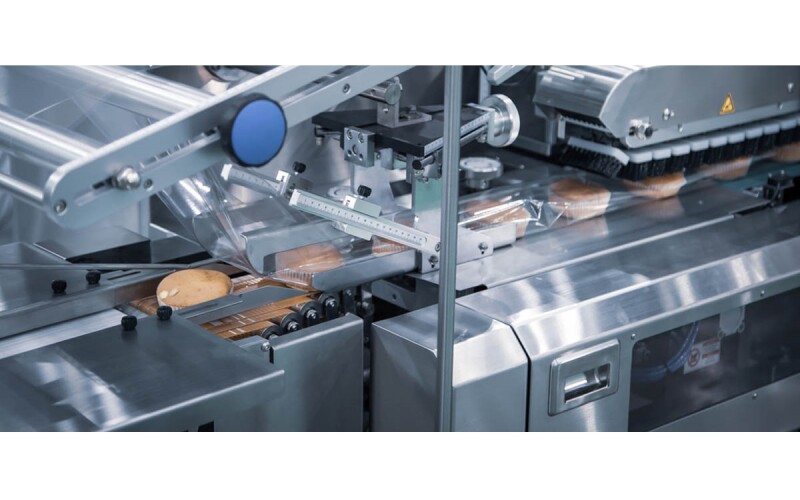
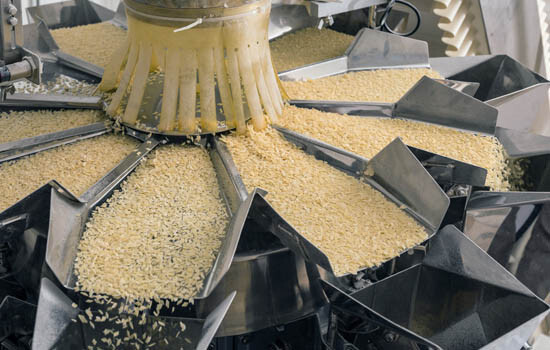
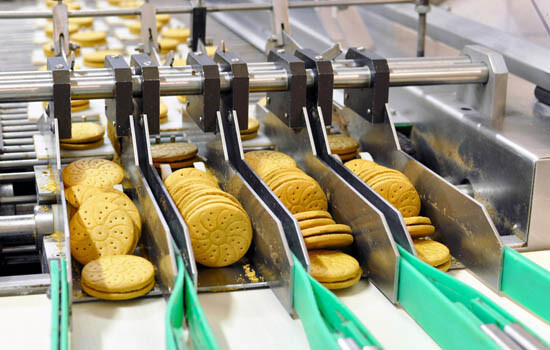
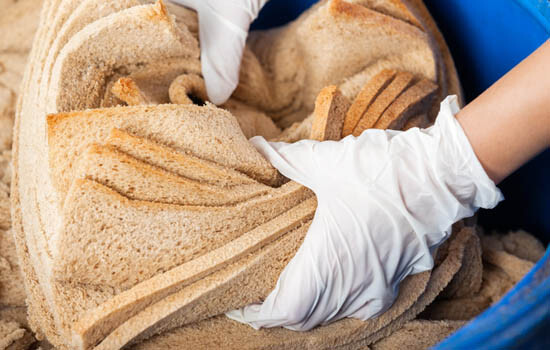












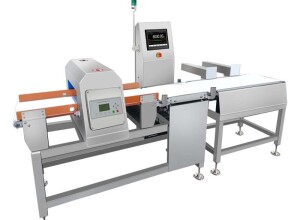

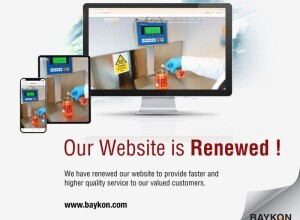









Interested? Submit your enquiry using the form below:
Only available for registered users. Sign In to your account or register here.